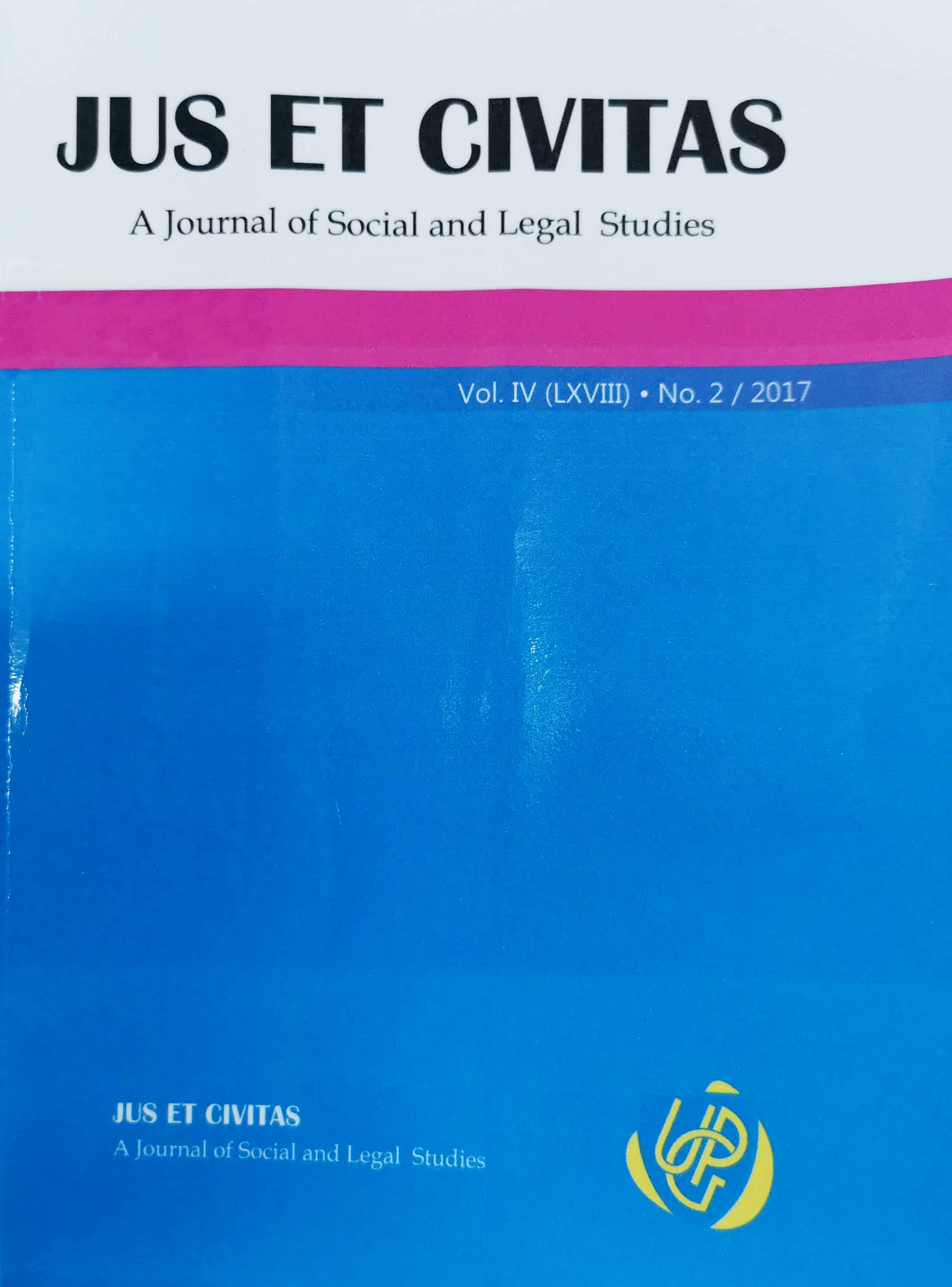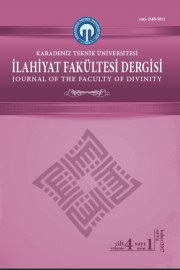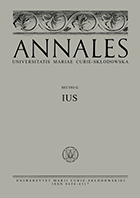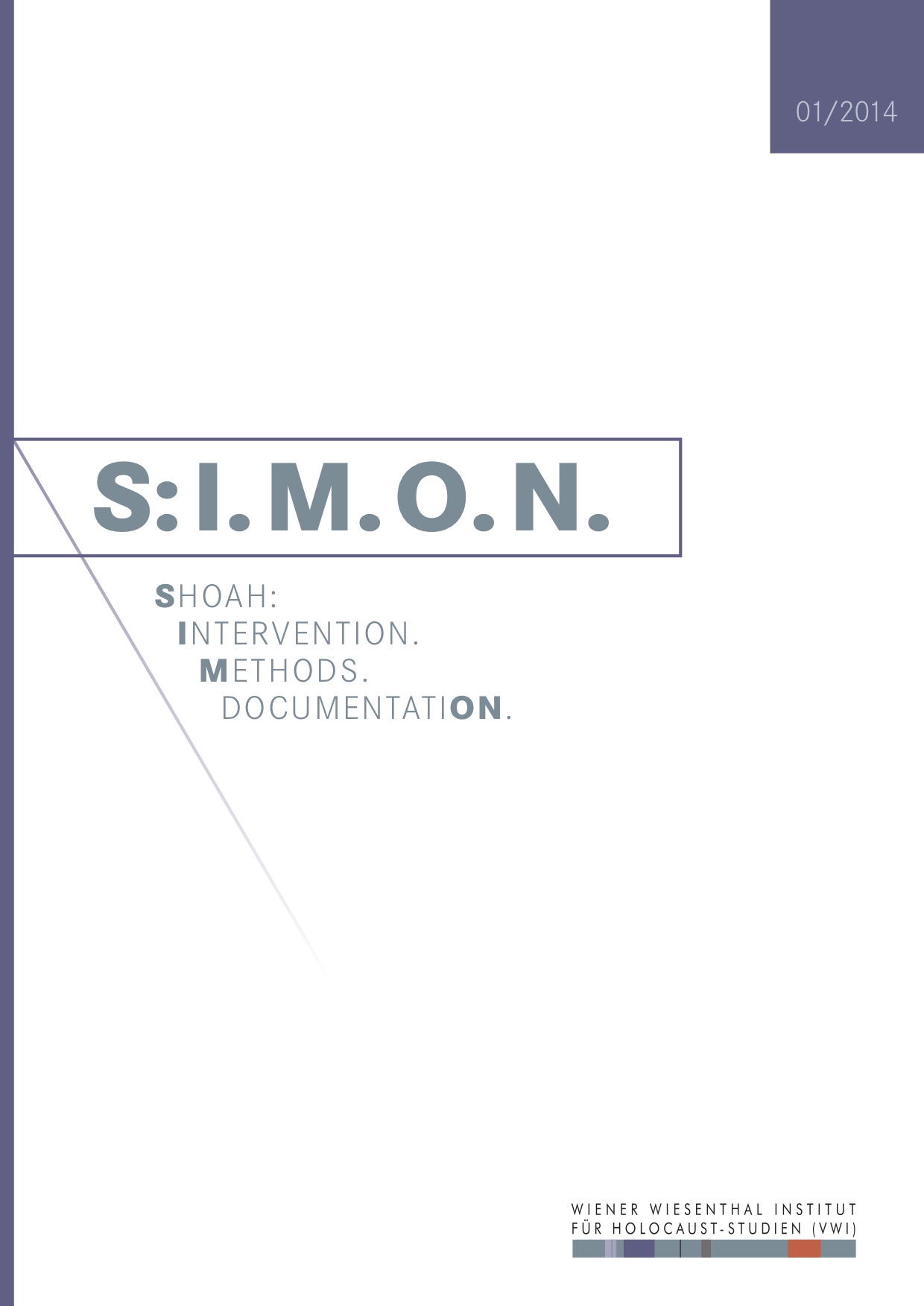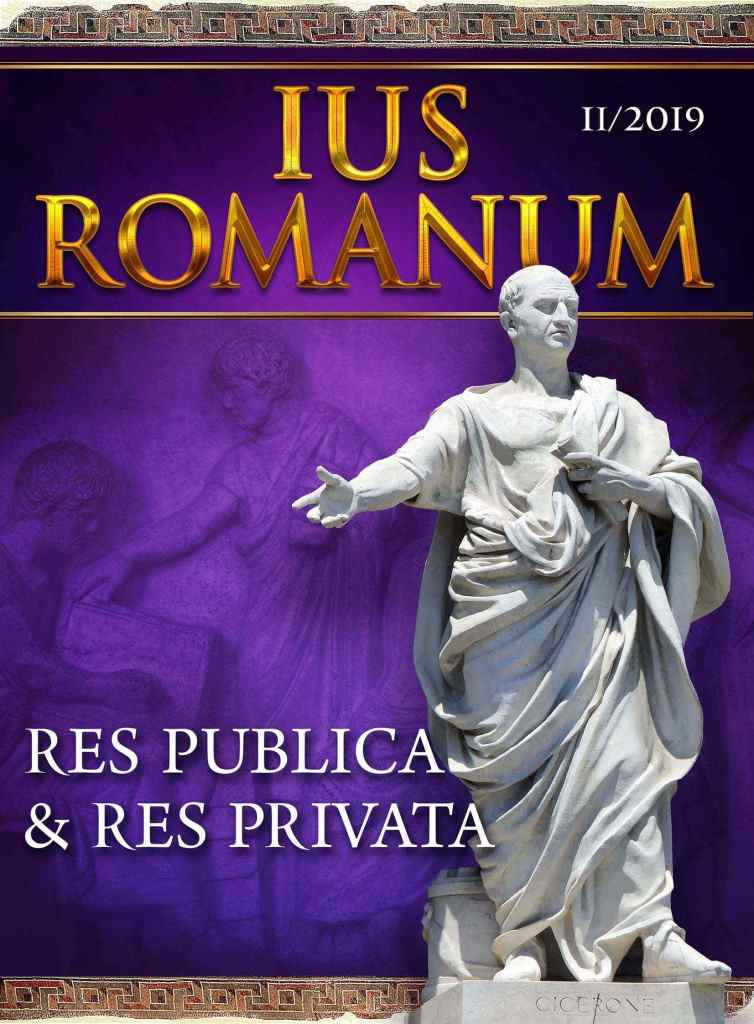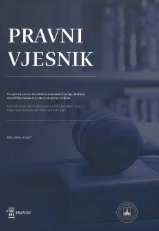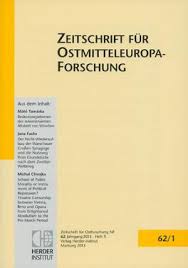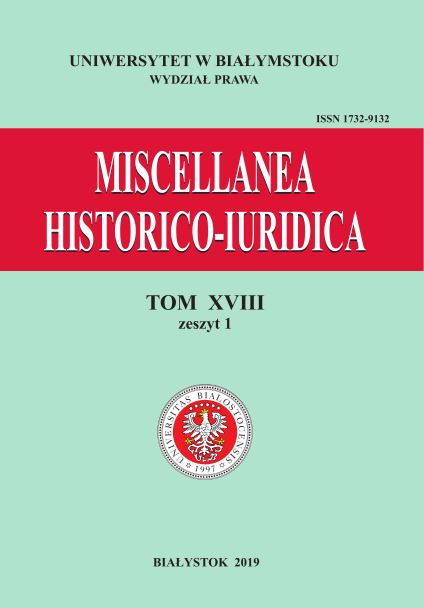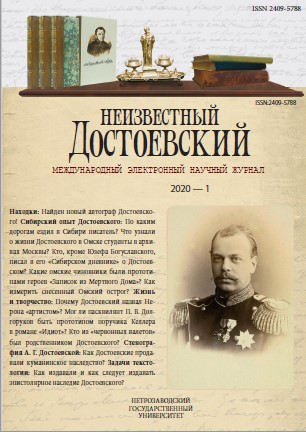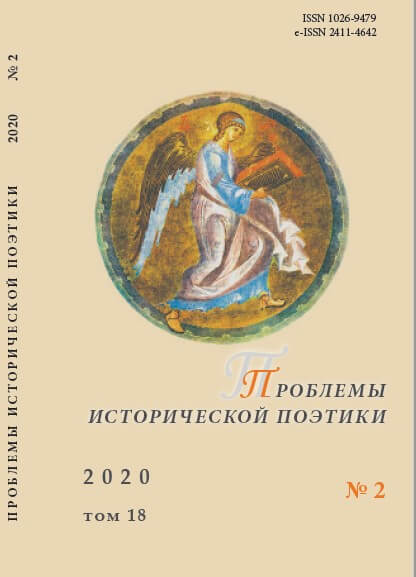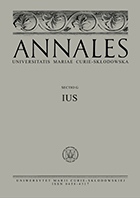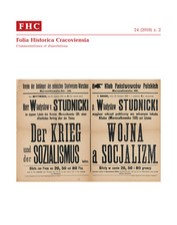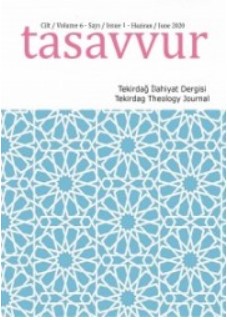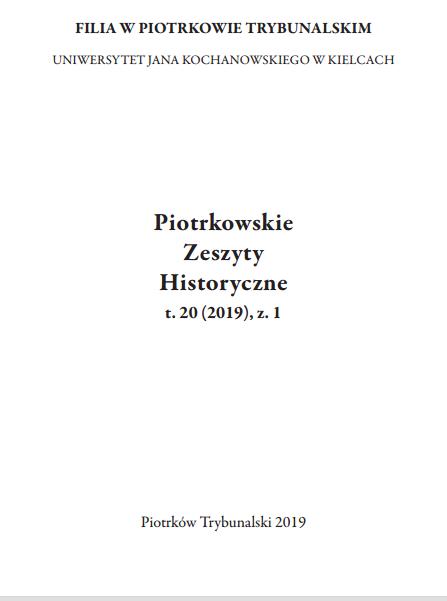Author(s): Igor’ A. Vinogradov / Language(s): Russian
Issue: 2/2020
The article for the first time, raises a question about one of the profiles of Gogol’s activity as a “satirist”, a denouncer of morals. In his writings the author inevitably follows the laws of the Russian Empire, more than a hundred of volumes of which were published during his lifetime. It is emphasized that Gogol’s desire to devote himself to justice, dated back to his school days, he carried through all his whole life. He considered his writings, as well as the legacy of Homer, Derzhavin, Fonvizin and Griboedov, as educational, “legislative” for contemporaries. The writer created every his writing, by his own admission, as a support for the “truthful laws” of the State and Church, the unity of which was determined by the peculiarities of the legislation of the Orthodox State. The work consistently traces reminiscences of The Complete Collection of Laws of the Russian Empire contained in the first Gogol’s series Evenings on a Farm near Dikanka, the collection Mirgorod, St. Petersburg novels, The Government Inspector, Dead Souls, the comedy The Gamblers, etc. The government decrees were also mentioned in Gogol’s works, for example, Anti-Superstition laws, alcohol laws, wine tax and beverage production laws, tax arrears laws, “souls inspection” decrees and “documents audit”, prohibitive decrees on bribes, moneylending, harlotry, gambling and so forth. The connection of the “legislative” problems with the laws of Gogol’s poetics, their unity in the works of all genres and all periods of Gogol’s creative activity is emphasized.
More...
